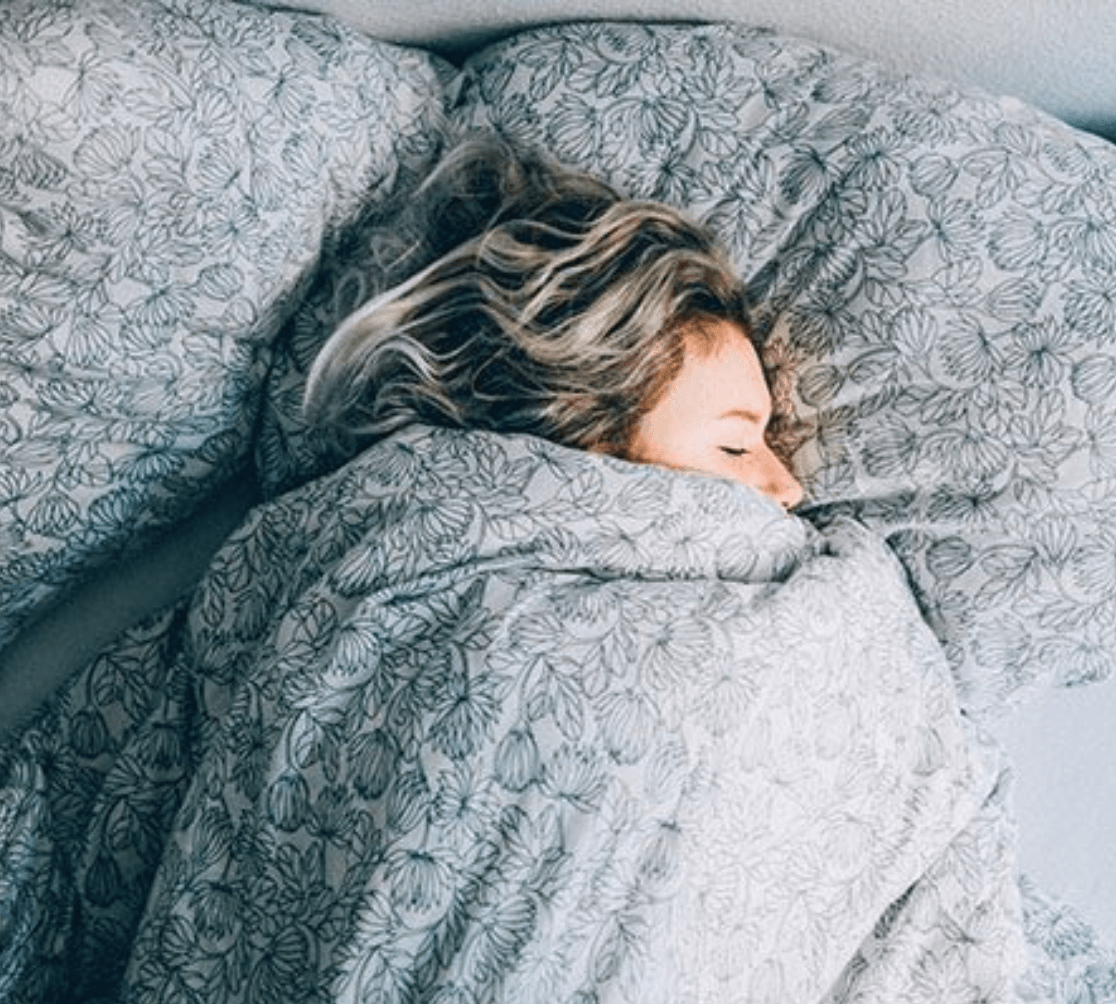Has it ever happened to you that after a whole week of sleeping perfectly with your fixed schedule, the weekend arrives, and on Sunday (when you try to go back to sleep early to wake up well-rested on Monday morning) you just can't To fall asleep?
Data from the Dream Foundation indicates that if this is your case, you are not alone in this battle! According to an article published this past September, around 79.5% of adults say they have trouble sleeping that day of the week, in addition, 33.2% of them between the ages of 18-41 say they have this problem on a recurring basis, and 54.4% of these adults believe that the cause of this insomnia is stress and anxiety.
Could it be that this collective problem is mere coincidence?
There are studies that ensure that Sunday is the day in which more people experience feelings of sadness and anxiety. This is verified with the trends that we see on social networks such as Twitter, Instagram or Facebook with the so-called “Sunday slump”, “Sunday blues” or “Sunday scaries”.
This state does not seem to discriminate against age, socioeconomic group or gender. we've all experienced it! Although for sleep, it is reported that there is a generational difference: Generation Z (those people who are now between 18-25 years old) and millennials (ages 26-41) are the ones who suffer most frequently.
So what causes these "Sunday slumps" that don't let us sleep?
Apparently, what affects the most is the anticipation of what we will have to do the next day . It's the same kind of anxiety you get the night before you take a test, or give a big presentation in front of your boss.
After a whole weekend of fun, all our mandatory activities start again on Monday, and while it's normal to feel a little anxious, sometimes it can grow to be too much and rob us of sleep.
Another reason is that if you are a person who has a well-controlled sleep schedule during the week (so that you go to sleep and wake up punctually at the same time from Monday to Friday) many times on the weekend with changes in plans and night outings runs through our schedule, causing our circadian cycle to be altered and not signaling our brain to produce sleep hormones (melatonin) at the time we want to sleep.
What can we do to avoid losing sleep on Sundays?
1- Organize your week: In order not to sleep with anxiety, on Sunday night take 10 minutes to make your weekly plan. In this way, you will sleep more peacefully because things will no longer be "in the air" and you will be able to have some security in the coming week, in addition to being able to prepare yourself mentally.
2- Have a good sleep hygiene: Lunela offers different products such as sheets , pillows , and smart mattresses that could make this point an easier task. In the same way, it is recommended to take care of the ambient temperature, noise, and amount of light that enters.
3- Do something you like: Take advantage of your free time on the weekend! If you manage to do something with your time that you enjoy, you'll feel like your weekend was well spent, and the feeling of satisfaction could lessen stress at night. Remember that the time you spend resting in your free time is also time spent!
Remember that what keeps life interesting is the possibility of a job that excites you and fills you up, even if that sometimes comes with its problems! but don't neglect good rest and sleep either, it's very important!
References:
Graham, B. (2022). One-Third of Adults Lose Sleep to 'Sunday Scaries' | Sleep Foundation. Retrieved October 5 from https://www.sleepfoundation.org/sleep-news/one-third-of-adults-lose-sleep-to-sunday-scaries



